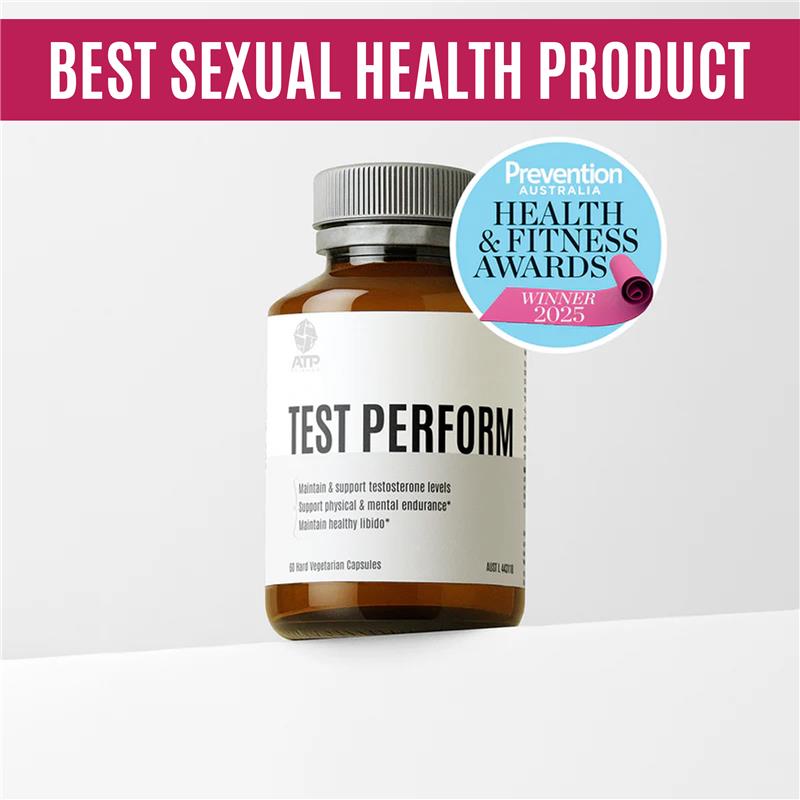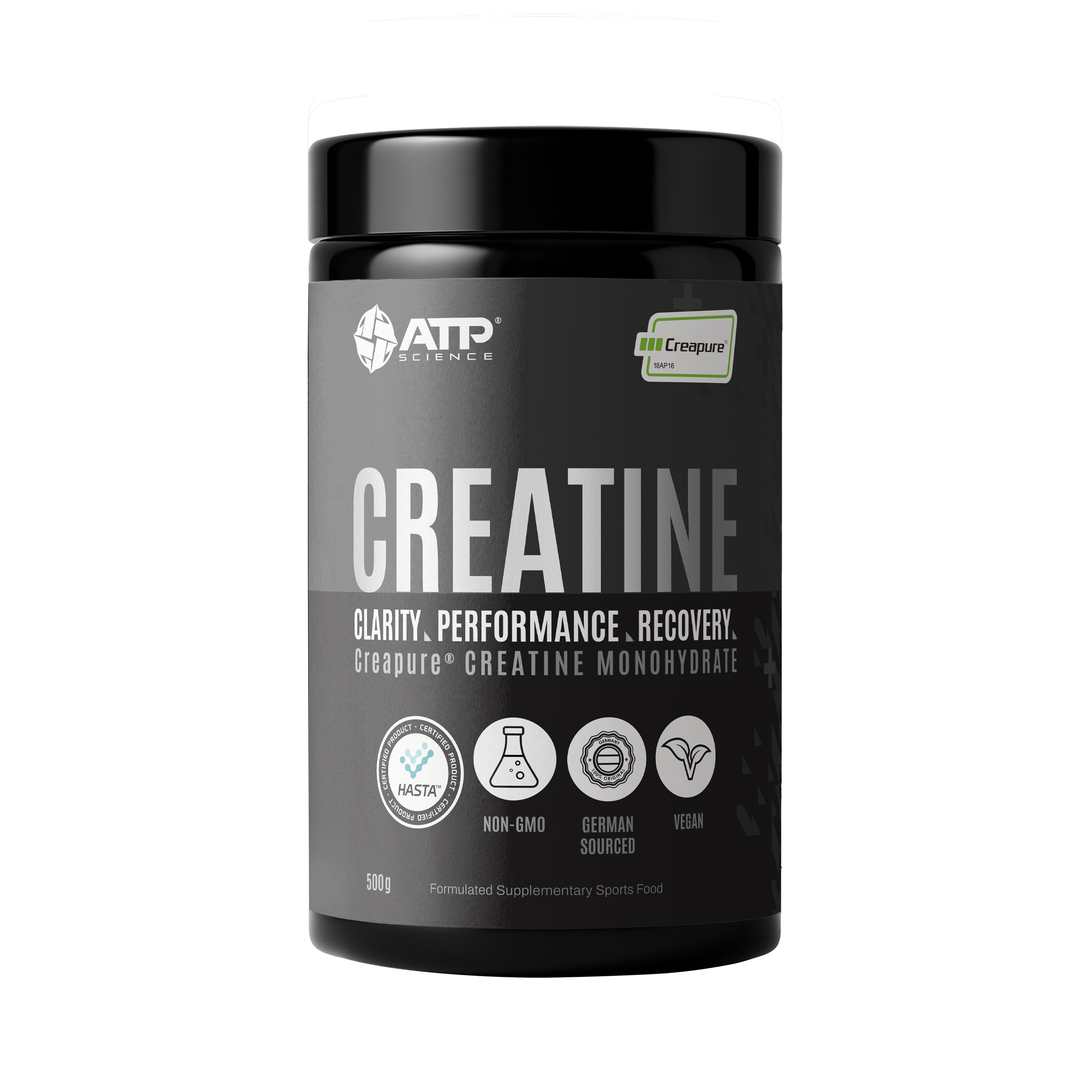Pronounced: ort-off-a-gee Autophagy quite literally means "to eat thy self" which is a very abrupt definition and falls in line with "apoptosis" which is the word to describe the function within the body of programmed cell death.
Each cell in the body has a determined cell lifespan, this may be increased or decreased depending on health and disease states. Increased cell death or apoptosis occurs more with chronic stress and inflammation. Autophagy is like the scheduled cleaner our cells need to clean off all the rust, plaque, and dangly dribs and drabs of the cell, or break it down, recycle it and nourish other cells around that cell in the process; extending possibly the programmed lifespan of other cells. Except, chronic disease states indicate that this process isn't occurring the way that it should and here's why...
2016 Nobel Prize in Medicine to Yoshinori Ohsumi for the discovery of the mechanisms by which Autophagy is instigated.
Dr. Ohsumi has dedicated his entire schooling and career life to this cellular mechanism, initially, a Japanese student with a fascination for chemistry ended up majoring in biology. Working closely with Saccharomyces Cerevisiae yeast vacuoles, with a curiosity of the vacuoles being labeled the “trash” of the cell, he wanted to know why the vacuoles of plant cells were so large.Delving more and more into the lytic function of the vacuole he eliminated the competitive markets in his research field by focusing on the "trash" dump of the cells. He talks in his work that even with just singular cells of yeast which most of his work in the field so far has been done; of which we only know about 30% of what the function of Autophagy actually is and in mammalian cells, having so many different cells with their own unique function, we only understand about 15% of our own cells capabilities and reach within the understanding of Autophagy. This is a promising movement for medical discovery moving forward.
Equilibrium of synthesis and Degradation
When Ohsumi puts Autophagy into simple terms, he describes it as the equilibrium between synthesis and degradation. That all life is the balance between synthesis and degradation, the yin and the yang. You cannot have synthesis without degradation and vice Versa. Hence his research focusing on the vacuole being so important for the future, everyone has been so focused on the synthesis as the positive, but ensuring the degradation is there is just as vital for our health.One aspect that he uses as an example is that the body per day uses around 200-300g of protein and we only ingest on average 70-90g from our diet. The degradation of total body protein to feed functions within the body is self-maintained from its own breakdown more so than just what we put in and in around 2-3 months our total body protein is completely new from where it started. How fascinating is that?


















